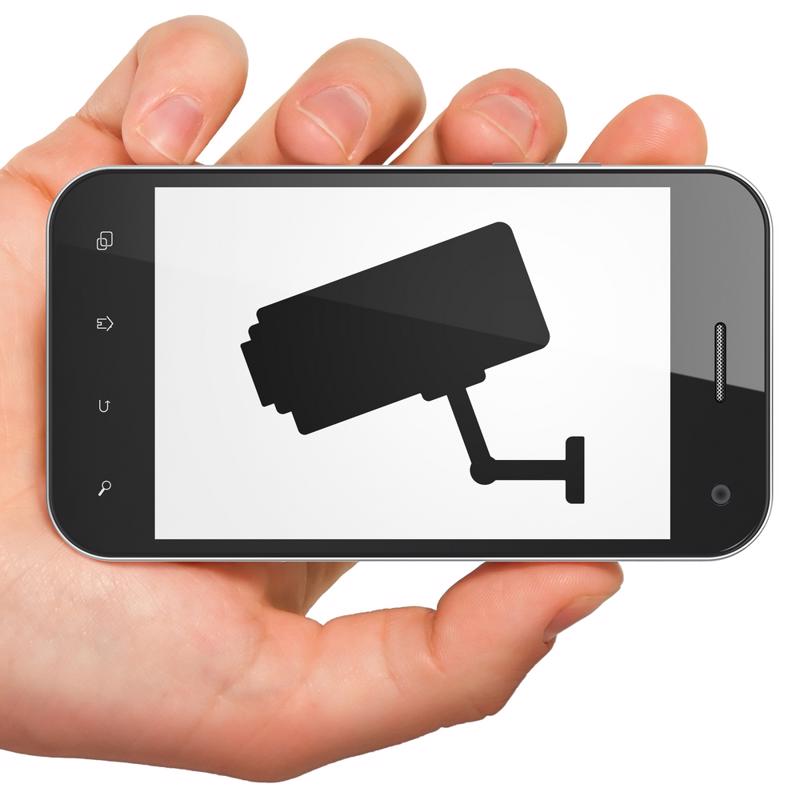A recent cyberattack nearly shut down emergency call systems in Arizona as compromised smartphones were forced to dial 911. Although the person allegedly responsible for this incident has been taken into custody, the fact still remains that this could have very easily been avoided.
On that note, let’s dive into exactly what happened here and discuss the importance of mobile security.
What happened?
This whole incident started when 911 operators in Surprise, Arizona, began to receive a flood of calls that would quickly disconnect. In fact, a report from the city’s sheriff’s office stated that there were more than 100 calls in mere minutes. Although this attack was mostly contained to Arizona, Ars Technica’s Dan Goodin reported that other states may have been affected.
“Multiple phones had been infected by a malicious link.”
After the smoke had cleared, the sheriff’s department began to investigate. What they found was that multiple phones had been infected by a malicious link that was posted online by an 18-year-old. Goodin reported that this individual was an app developer for iPhones, which explains how he could have allegedly infected so many devices.
According to a press release from the Maricopa county sheriff’s office, this link seems to have been distributed through Twitter. It has since been taken down, but the account that was spreading this malware had around 12,000 followers, which is probably why this got out of hand so quickly.
Many people don’t secure their phones properly
While jamming up 911 networks is certainly out of the ordinary, the reality of the situation is that very many people don’t take smartphone security seriously. A lot of users forget that their device is actually a computer, and that they need to protect it like one.
In fact, a study conducted by Consumer Reports found that 34 percent of smartphone users don’t take any sort of precautions in order to improve their device’s security. On top of that, only 14 percent installed antivirus software on their phone.
 Not enough users are monitoring their device’s security properly.
Not enough users are monitoring their device’s security properly.This is incredibly troubling due to the fact that people use these devices for all kinds of private purposes. Mobile banking is a huge attack vector, and many hackers would jump at the chance to infect someone’s phone just to get their account information.
What can you do to stay safe?
Although this situation is certainly serious, users can massively improve their ability to avoid a hack if they follow some easy best practices. To begin, smartphone owners should never click on a link unless they are 100 percent certain that it is legitimate. While this tip works equally well for traditional computers, it’s even more important for smartphones because they very often don’t have the built-in security measures that desktops and laptops do.
On top of this, it’s vital that users download software designed to keep their device safe. These security measures are built to fend off all kinds of cyberattacks, and they can help act as a last line of defense between you and the hackers. Your smartphone is a computer, and it’s important to treat it like one.





